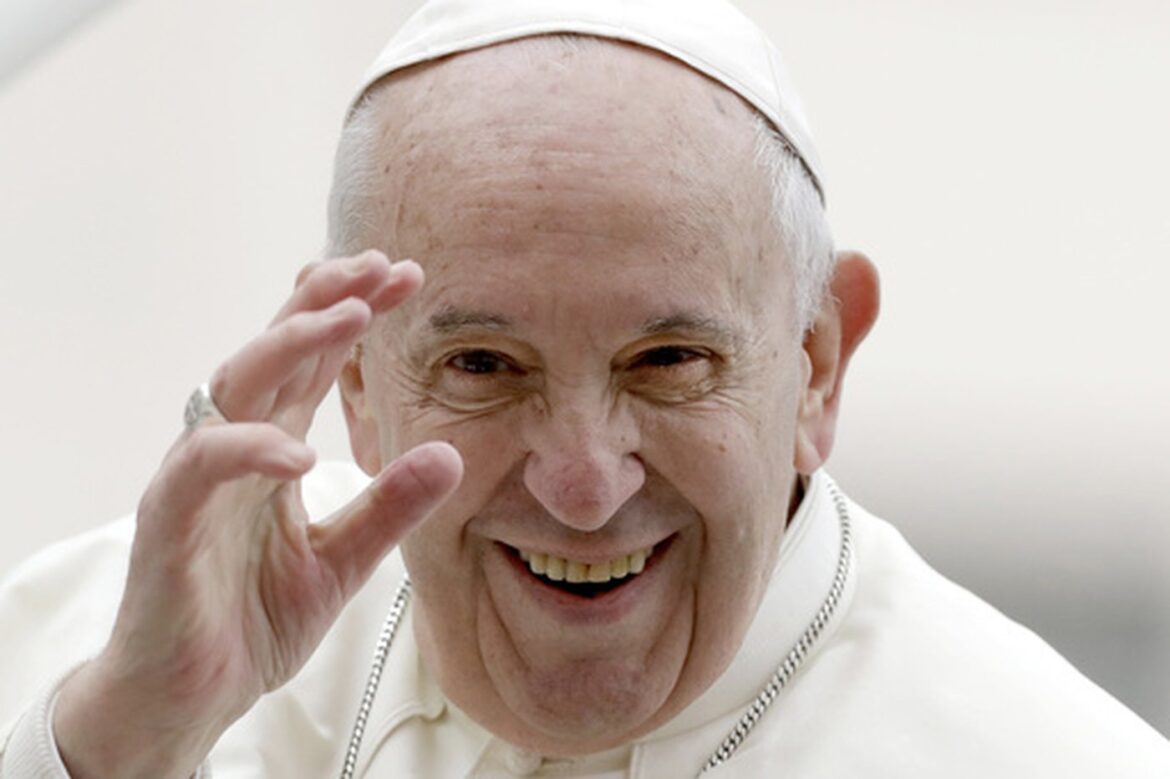Pope Francis, the first Latin American and Jesuit pontiff, died peacefully on April 21, 2025, at the age of 88 in the Vatican’s Casa Santa Marta. His papacy, spanning over a decade since his historic election in 2013, was characterized by humility, significant reforms, and a focus on inclusivity and social justice. Known for his efforts to engage with the marginalized and transform the Catholic Church’s approach to modern challenges, Pope Francis leaves a profound legacy as the Church prepares to select his successor.
Early Life and Path to the Papacy
Born Jorge Mario Bergoglio in Buenos Aires, Argentina, in 1936, Pope Francis was the first pope from the Americas and the Southern Hemisphere. Before his election as pope in March 2013, he served as the Archbishop of Buenos Aires and was known for his pastoral approach and dedication to social issues within Argentina. His Jesuit background influenced his theological perspective, emphasizing humility and service.
Key Achievements During His Papacy
Pope Francis is widely recognized for initiating numerous reforms within the Roman Catholic Church. He advocated for a Church that is more merciful and inclusive, addressing issues such as poverty, climate change, and migration. His encyclicals, such as Lumen Fidei and Laudato Si’, underscored environmental stewardship and the importance of faith in everyday life. Furthermore, he convened two synods focusing on family and youth, aiming to make the Church more responsive to contemporary societal challenges.
Approach to Social Justice and Inclusivity
Throughout his pontificate, Pope Francis consistently prioritized the needs of marginalized communities. He openly challenged economic inequalities and urged global leaders to adopt policies that promote equity and human dignity. His approach extended to advocacy for refugees and displaced persons, encouraging compassion and practical assistance. Moreover, he sought dialogue with other Christian denominations and world religions to foster peace and mutual understanding.
Health and Final Years
In recent years, Pope Francis faced several health challenges, including mobility issues that limited his public appearances. Despite these difficulties, he remained actively engaged in Church affairs and global issues until his passing on April 21, 2025. His death marks the end of a transformative chapter in the history of the Catholic Church.
Process of Succession
The Vatican has announced that preparations for the conclave to elect the next pope will commence shortly. Cardinals from around the world are expected to gather in Rome to discern the future leadership of the Church. Observers anticipate that the selection process will consider the direction set by Pope Francis, particularly regarding pastoral care, reform, and engagement with global challenges.
Legacy and Global Impact
Pope Francis leaves behind a legacy defined by his commitment to humility, social justice, and the modernization of Church practices. His efforts to bridge divides within the Church and the broader world have had a lasting impact on Catholicism and its role in international discourse. As the Church mourns his loss, many reflect on his contributions to fostering a more compassionate and inclusive global community.
In summary, Pope Francis’s death marks the conclusion of a significant era marked by profound transformation and outreach within the Catholic Church. His dedication to humility, reform, and social justice has reshaped the Church’s engagement with contemporary issues and marginalized populations. As the Vatican prepares to elect his successor, the global community reflects on a pontificate that prioritized compassion, inclusivity, and dialogue, establishing a legacy that will influence the Church and its followers for years to come.

